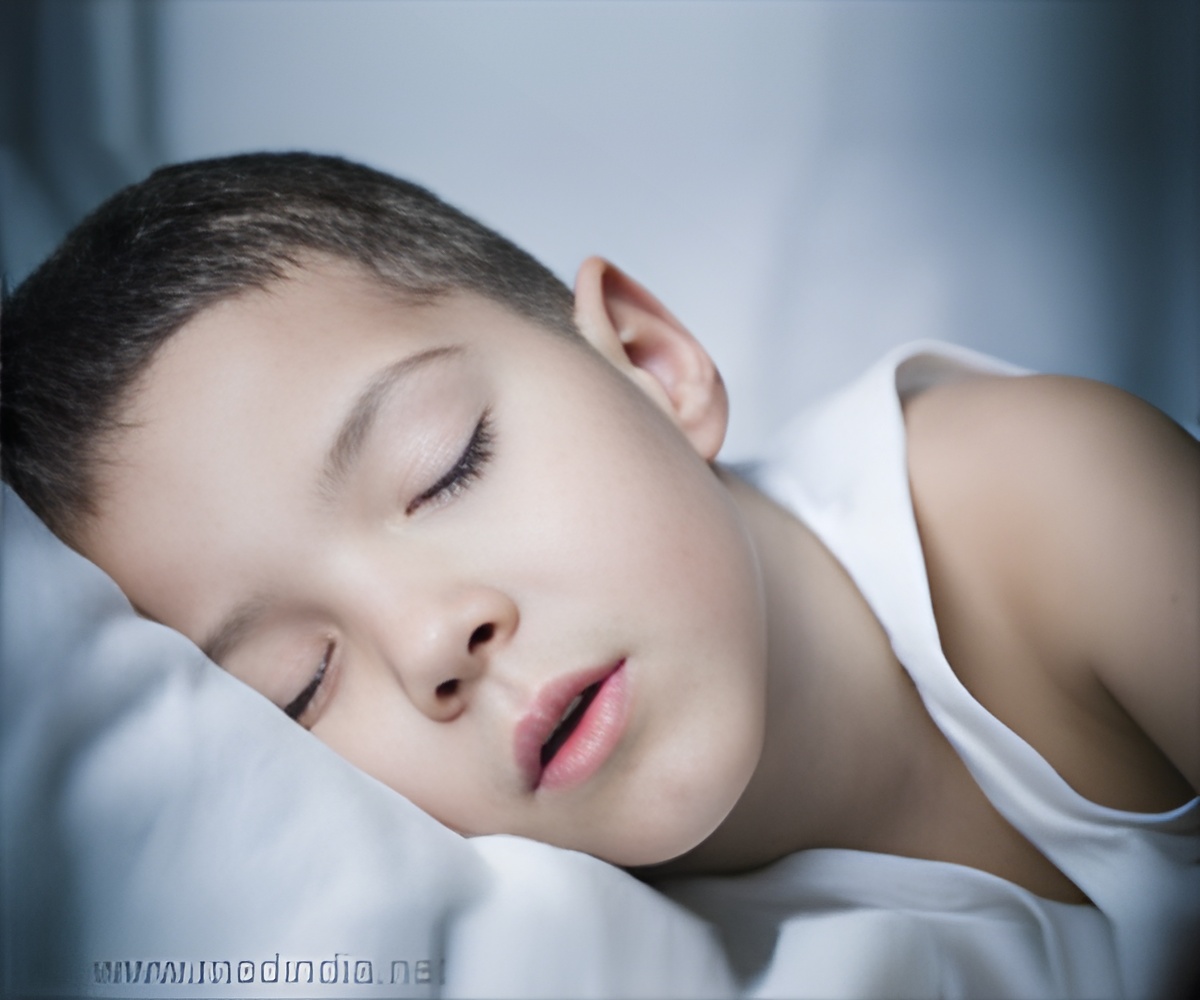Kids who are schooled at home get more hours of sleep as compared to kids who attend regular school, reveals new study.

Recommended number of sleeping hours per night by the National Sleep Foundation is as follows:
- Children (6-13 years) – 9 to 11 hours
- Teenagers (14-17 years) – 8 to 10 hours
- Young adults (18-25 years) – 7 to 9 hours
It was seen that overall as high as 55% of homeschooled kids slept adequately each week as compared to 24% of kids who attended school outside of their home. While comparing the statistics of which group got insufficient sleep during the week, it was 16% for homeschooled kids compared to 44% of kids attending public and private schools.
Lisa Meltzer, PhD, a sleep psychologist at National Jewish Health in Denver and the main author of this study commented, "We have a school system that is set up so that the youngest children, who are awake very early in the morning, start school latest, and our adolescents, who need sleep the most, are being asked to wake up and go to school at a time when their brains should physiologically be asleep."
Dr. Meltzer is also of the opinion that teenagers and adolescents require at least nine hours of sleep per day, however they are getting only about 7 hours on an average. Thus by the end of the week, they are at least 10 hours behind in terms of sleeping, which impacts their mental alertness and functioning. A lack of sleep can impact a teenager's mood and their ability to drive early in the morning.
Melatonin, the hormone that helps regulate our sleep, shifts by about two hours during puberty. So, even if the teenagers wanted to get to sleep earlier, they are battling biological changes in their bodies that are nearly impossible to overcome.
- Try and keep the children’s bedroom free of any kind of electronics such as TV, computers, video games, all of which could be very distracting for them.
- Maintain a consistent sleep schedule on a daily basis regardless of whether it is a school day or not. This will help in regulating your child’s internal clock and help improve the quality of sleep.
- Avoid products containing caffeine late in the evening such as coffee, ice tea, colas, which may interfere with the sleep cycle.
- Plan a wind-down time for about 30 minutes before bedtime which could include activities such as reading a book or listening to quiet, soothing music. Keep the rest of the house quiet, this will also help the kids fall asleep faster.
- Don’t forget to give a big kiss and a warm good-night hug to your little one, every night!
- http://www.goodtherapy.org/blog/homeschooled-kids-sleep-more-and-better-than-others-0303161
Source-Medindia















